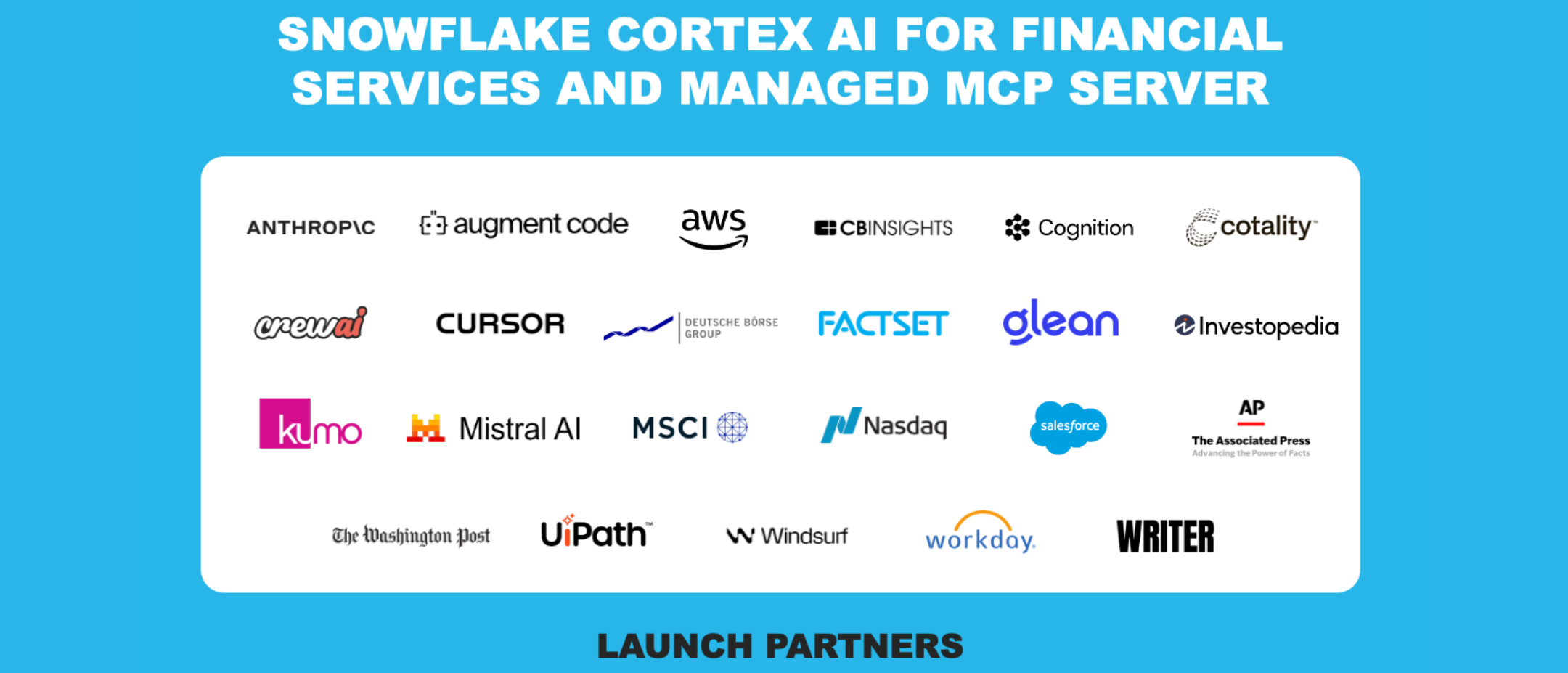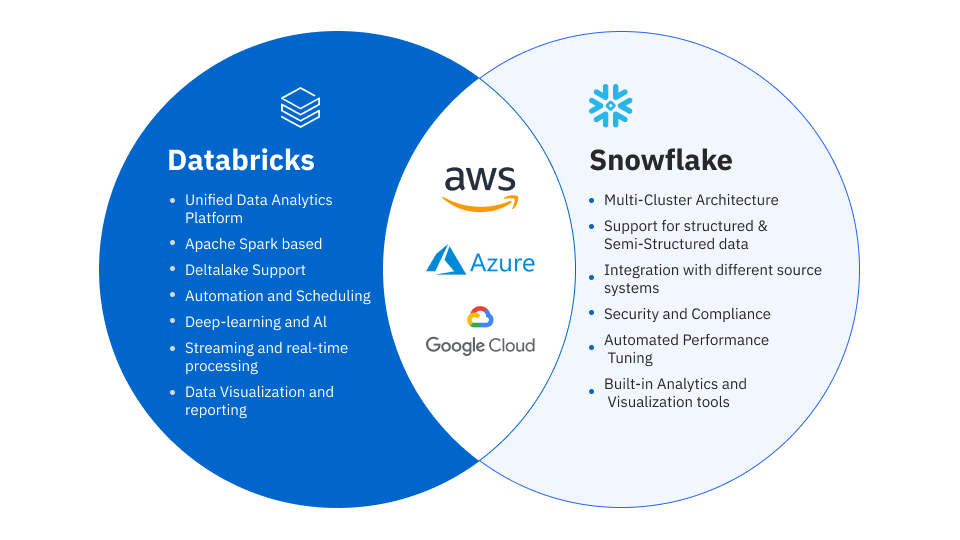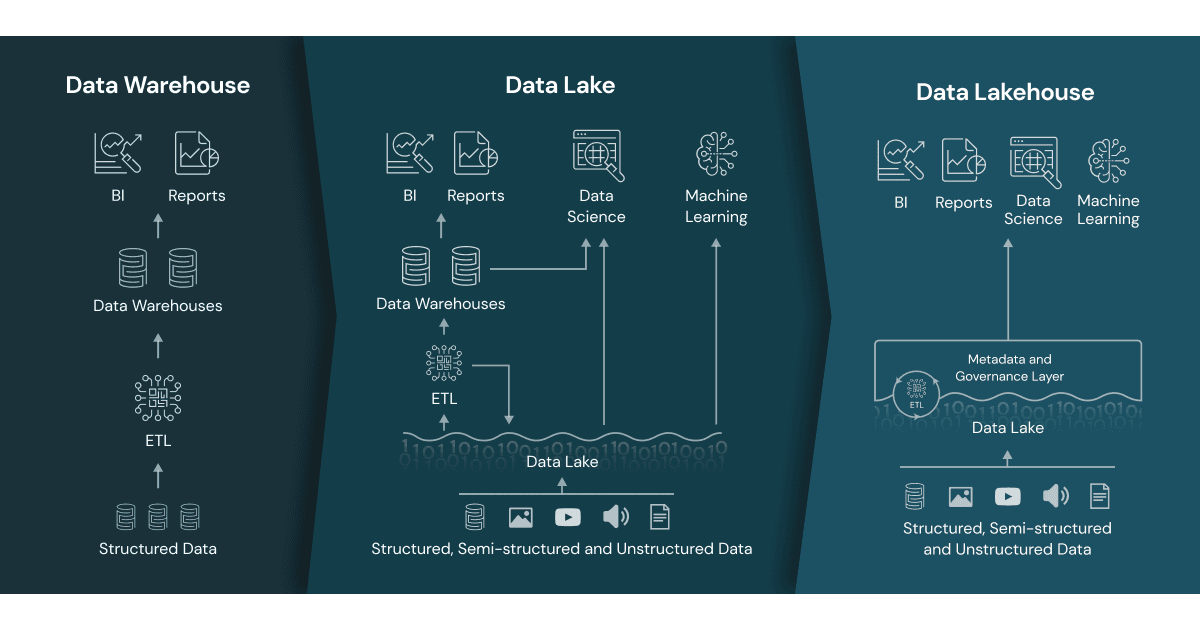Unlocking Impact with a Fractional Data Team

Businesses face a common dilemma: they start to get to a size where they are generating enough data to need to unification and modeling but lack the need to build a full-fledged analytics department. A fractional data team offers the perfect balance, senior expertise on demand, flexible engagement levels, and predictable costs…enabling you to harness data’s power without overcommitting to headcount or budget.
The Data Breaking Point
As your company grows beyond 100 employees, basic analytics setups begin to falter under increased demands. Those trusty Excel documents become unweildy and the heroic efforts of your SQL-savvy analyst gradually transform from solutions into daily firefighting exercises.
Consider a mid-market ecommerce retailer: while initially out of the box CRM and ERP reports might serve early needs, they become limited as order volumes surge, marketing channels multiply, and customer lifetime-value models become mission-critical.
“We realized our dashboards were brittle: slow to refresh, inconsistent metrics, and no single source of truth. We needed seasoned data leadership without the risk of a full-time hire.”
— VP of Analytics, $200M CPG business
The Hiring Dilemma
When you reach this inflection point, the question inevitably arises: “Is it time to hire a full-time director of analytics or data engineering?”
The full-time hire approach typically leads to:
Substantial investment: $180K–260K total annual cost (including $120K–160K base salary, plus benefits and recruitment fees)
Scope challenges: Mid-market needs span tactical reporting and strategic architecture—finding one person to cover everything is nearly impossible
Extended time-to-value: A senior hire often spends months navigating legacy systems before delivering meaningful impact
“We interviewed for a data engineering lead but weren’t ready to keep them fully utilized—some weeks we needed them five days, other weeks barely two.”
— CTO, regional financial services firm
The Fractional Data Team Advantage
A fractional data team embeds 1–3 senior-level data professionals into your organization on a part-time basis—typically 2–4 days per week. Unlike consultants who drop in for projects, these experts become an integrated extension of your team with four key advantages:
- Tight integration: They work within your existing tech stack and cross-functional workflows
- Continuity: You retain the same experts through planning, implementation, and iteration
- Flexible scaling: Adjust bandwidth month-to-month as priorities shift
- Knowledge transfer: Structured mentoring elevates your internal team’s capabilities
This model is ideal for mid-market businesses that have established basic data infrastructure but need expert guidance to mature it without committing to full-time leadership roles prematurely.
The Cost Advantage

The fractional approach eliminates recruitment fees and benefits overhead while providing more diverse expertise than a single hire.
“For under $10K/month, we got a data architect and an analytics engineer who hit the ground running—far more cost-effective than a single FTE.”
— COO, $300M manufacturing firm
Five Strategic Benefits for Mid-Market Businesses
1. Accelerated Infrastructure Modernization
Mid-market companies often operate with hybrid technology stacks. Fractional teams can swiftly:
- Migrate data pipelines to scalable ELT architectures
- Centralize metrics in a unified data warehouse
- Implement CI/CD for analytics code
These improvements reduce latency, enhance reliability, and unlock advanced capabilities like real-time dashboards and predictive models.
2. Flexible Capacity for Peak Periods
Businesses with seasonal demand can scale support for:
- Holiday season forecasting
- Quarterly financial closes
- Major product launches
Then scale back during quieter periods, ensuring you only pay for what you need.
3. Embedded Governance & Compliance
As mid-market firms face increasing regulatory requirements, senior fractional experts can:
- Establish robust data governance frameworks
- Implement proper access controls and audit logging
- Define data quality monitoring systems
This ensures compliance without requiring a dedicated Data Privacy Officer.
4. Strategic Analytics That Drive Growth
Beyond basic reporting, fractional teams deliver high-impact insights:
- Customer segmentation and LTV modeling for targeted marketing
- Churn prediction for subscription businesses
- Demand forecasting for supply chain optimization
These capabilities directly contribute to revenue growth and margin improvement.
5. Sustainable Knowledge Transfer
Through structured mentoring—office hours, lunch-and-learns, and co-development sessions—fractional teams build your internal capabilities. Over 6–12 months, your in-house talent evolves into a more self-sufficient team.
When to Consider Other Options
A fractional approach might not be the right fit if your business requires full-time, daily support with rapid response to dozens of requests. Similarly, if you already have senior data leadership and simply need to expand team headcount, a direct hire makes more sense. Companies operating in highly specialized domains requiring constant domain-specific expertise may also benefit more from dedicated full-time specialists rather than a fractional arrangement.
A fractional data team strikes the ideal balance between cost efficiency, senior expertise, and flexible capacity. Instead of wrestling with the timing and risk of a full-time hire, tap into seasoned professionals who integrate seamlessly, scale on demand, and strengthen your internal capabilities.
Book a 30-minute consultation to:
1. Assess your current data maturity
2. Determine the optimal fractional engagement model
3. Explore real-world mid-market success stories
Elevate your analytics practice—without the full-time commitment.



